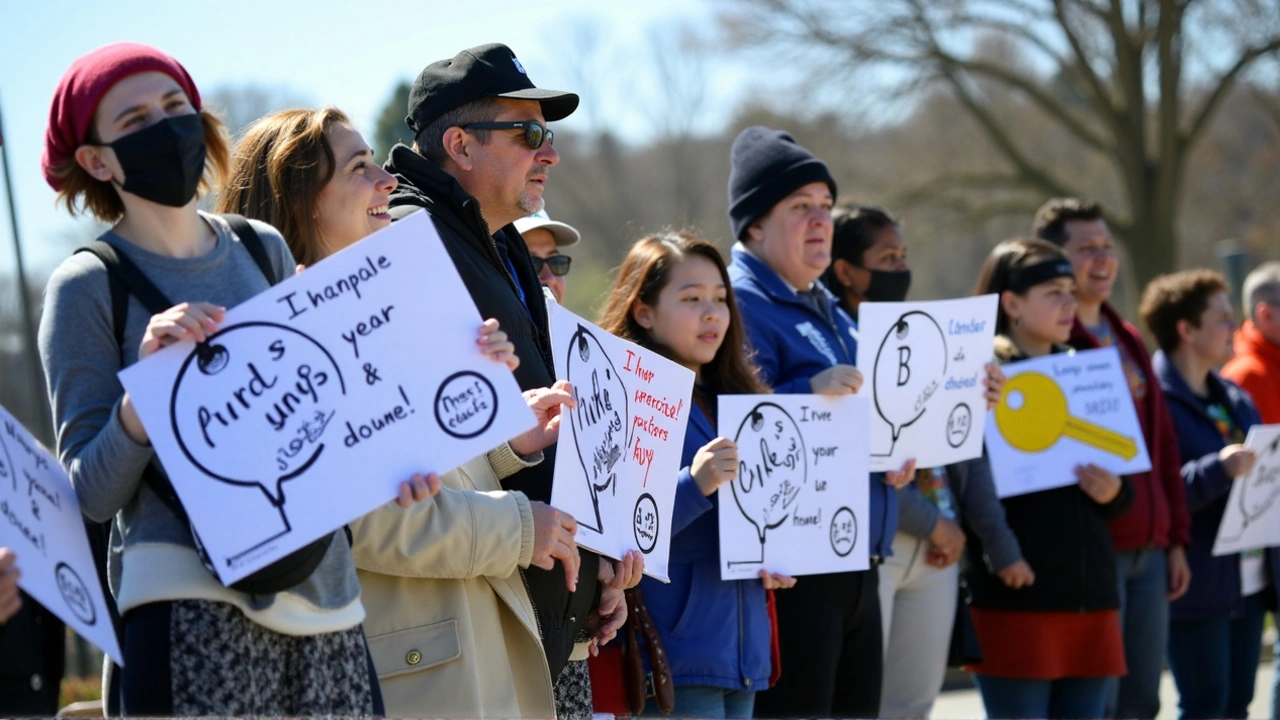Financial assistance: practical help, grants and emergency support
Financial assistance can save lives and keep businesses running during hard times. But where do you start when you need help fast? This guide gives clear steps to find the right support, apply quickly, and avoid common traps.
First, know the kinds of help available. Government cash transfers and social grants are common across many African countries and target low income families, children, and the elderly. Emergency relief from local charities or faith groups often covers food, shelter, and medical aid for short periods. Microloans and small business grants help entrepreneurs restart income streams. Scholarships and bursaries cover school and training costs. Each type has different rules and timeframes.
Next, check eligibility and required documents. Most programs ask for ID, proof of address, and income statements or affidavits. For businesses you may need bank records, tax documents, and a short plan explaining how the money will be used. If you lack formal papers, community leaders or local social workers can sometimes verify your situation. Save time by scanning or photographing all documents before you apply.
Apply where it matters. Start with official government portals and local council offices to find legitimate programs. Nonprofits and international agencies usually list application forms on their websites. For business grants search for development funds from trade groups or embassies that support small enterprises. Apply to multiple programs at once when allowed, but tailor each application to the specific criteria.
Watch out for scams. If someone asks for an upfront payment to process a grant or promises guaranteed approval for a fee, it’s a red flag. Legitimate aid programs do not charge application fees. Verify contacts by calling official numbers or visiting registered offices. Use community groups and trusted local reporters to confirm offers.
Organize your follow up. Keep a spreadsheet or notebook with application dates, contact names, and promised deadlines. If you do not hear back within the stated time, follow up politely by phone or email. For denied claims ask for written reasons and whether you can reapply.
Small tips that matter: write a clear, short purpose statement for how funds will be used; include simple budgets for business or emergency needs; get a local referee to support your application; and take photos of damaged property when applying for disaster relief.
Where Africa Daily Spectrum fits in
We track new programs, protests over unpaid grants, and major changes in national aid policies across Africa. Check our news feed and search “financial assistance” for fresh reporting, guides, and community alerts that can point you to real resources.
Quick checklist before you apply
ID ready, proof of address, contact for a referee, short budget or plan, scanned copies, and a copy of the submitted form. Keep these ready and you’ll move faster when help becomes available.
If you need personalised help, contact local social services or a trusted community organisation. They can help with forms, referrals, and urgent support while you wait for official decisions. Start now — small steps make a big difference. Act today.
- October 8, 2024
- Comments 14
- Business

